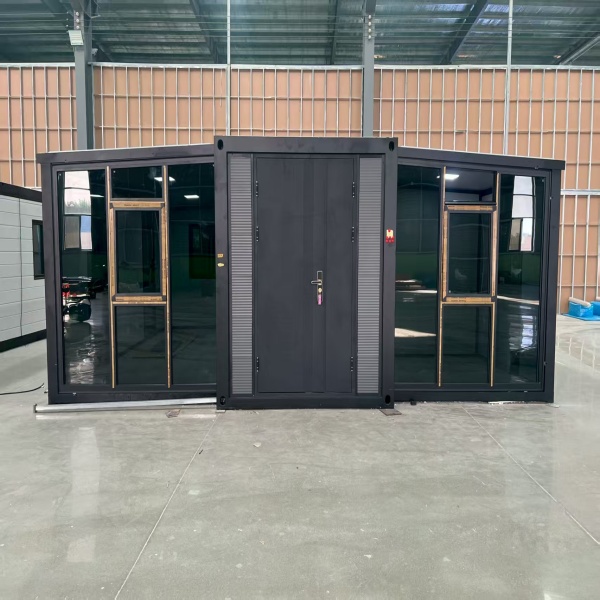-
E-mail
Austin120521@outlook.com -
E-mail
sales@jujiuhouse.com -
Telephone
+86-17864099991 -
Telephone
+86-17854044442
- Chinese
- French
- German
- Portuguese
- Spanish
- Russian
- Japanese
- Korean
- Arabic
- Irish
- Greek
- Turkish
- Italian
- Danish
- Romanian
- Indonesian
- Czech
- Afrikaans
- Swedish
- Polish
- Basque
- Catalan
- Esperanto
- Hindi
- Lao
- Albanian
- Amharic
- Armenian
- Azerbaijani
- Belarusian
- Bengali
- Bosnian
- Bulgarian
- Cebuano
- Chichewa
- Corsican
- Croatian
- Dutch
- Estonian
- Filipino
- Finnish
- Frisian
- Galician
- Georgian
- Gujarati
- Haitian
- Hausa
- Hawaiian
- Hebrew
- Hmong
- Hungarian
- Icelandic
- Igbo
- Javanese
- Kannada
- Kazakh
- Khmer
- Kurdish
- Kyrgyz
- Latin
- Latvian
- Lithuanian
- Luxembou..
- Macedonian
- Malagasy
- Malay
- Malayalam
- Maltese
- Maori
- Marathi
- Mongolian
- Burmese
- Nepali
- Norwegian
- Pashto
- Persian
- Punjabi
- Serbian
- Sesotho
- Sinhala
- Slovak
- Slovenian
- Somali
- Samoan
- Scots Gaelic
- Shona
- Sindhi
- Sundanese
- Swahili
- Tajik
- Tamil
- Telugu
- Thai
- Ukrainian
- Urdu
- Uzbek
- Vietnamese
- Welsh
- Xhosa
- Yiddish
- Yoruba
- Zulu
- Kinyarwanda
- Tatar
- Oriya
- Turkmen
- Uyghur

Buy foldable homes 20ft office folding container house
The Practical Appeal of 20ft Office Folding Container Houses
Foldable homes and office folding container houses might seem like recent trends, but they've been gaining ground for genuinely practical reasons. Not just a solution for temporary needs, these structures offer a versatile, cost-effective alternative to traditional building methods. Yet, there's more than meets the eye. In this space, mistakes and misconceptions abound, often creating more questions than answers.
Understanding the Basics
A foldable home is essentially a prefabricated structure that can be easily transported and unfolded on site. The process minimizes construction time and labor, making it a favorite among those who need quick, reliable solutions. I recall the first time I saw one being set up; it was astonishing to witness how quickly the space transformed from a compact unit into a fully functional office.
Companies like SHANDONG JUJIU INTEGRATED HOUSING CO, LTD are pushing the envelope by offering diverse options in this domain. As a rising star in the integrated housing industry, they provide everything from research and development to installation. Their expertise isn't just in the office domain but spans board rooms, villas, and even steel structure engineering.
However, before jumping in, it's crucial to grasp both visible and hidden costs. While the initial purchase might seem economical, don't overlook transportation, installation, and potential customization expenses.
Benefits Worth Considering
The most significant advantage of these 20ft container houses is their flexibility. They can be adapted for virtually any use – from site offices to temporary homes, even pop-up shops. This adaptability makes them ideal for dynamic business needs.
Moreover, they present an eco-friendly solution by reducing material waste and energy consumption. It's worth considering, especially in times when sustainability is a significant selling point. In my experience, highlighting these environmental benefits often sways decision-makers towards choosing container solutions.
Then, there's the return on investment. Given their durability and low maintenance requirements, these structures can offer significant long-term savings, a fact often underestimated by newcomers to the market.
Challenges and Missteps
However, the path isn't all smooth. One common pitfall is misunderstanding local zoning laws and regulations. I once worked with a client who didn't factor this in, leading to a costly delay. It's essential to do your homework and engage with local authorities early in the planning.
Another common issue is insulation. While many automatic assume container homes are ready-made for all climates, that's not always the case. Adequate insulation is often a retrofit necessity, influencing both comfort and energy efficiency.
Minor details often overlooked include ventilation and natural lighting. While manufacturers like Jujiu provide tailored solutions, ensuring these factors are considered in the design phase can save a lot of headaches down the line.
Tailoring the Space
Customization is where these folding container houses shine. Want a contemporary look or a more traditional office setup? Both are achievable. In a recent project, I saw a space transformed with simple interior modifications, creating an environment that mirrored a conventional office, without the hefty price tag.
The use of modular interiors allows for rapid reconfiguration. I've met clients who appreciate this aspect, especially as their business needs evolve. One construction company regularly redesigns their units to align with ongoing projects, a flexibility that's hard to replicate with fixed structures.
Additionally, integrating modern technology, such as smart controls or renewable energy sources, is another avenue to explore. These options can significantly enhance the efficiency and technological edge of the container office.
Is It Right for You?
So, should you consider buying a 20ft office folding container house? If you're looking for a fast, adaptable, and relatively inexpensive building solution, it might be exactly what you need. Yet, it's not without its complexities. Make sure to weigh both pros and cons, consider future needs, and consult with industry experts.
Using platforms like Shandong Jujiu can provide a significant advantage, given their comprehensive expertise in integrated housing solutions. Their industry experience, combined with a plethora of customization possibilities, makes them a worthy partner in your undertaking.
Ultimately, a successful project involves much more than just purchasing the structure. It's about asking the right questions, planning meticulously, and embracing flexibility. As with any significant investment, informed decisions lead to the best outcomes.
Related products
Related products
Best selling products
Best selling products-
 Hot-selling foldable container houses, expandable prefabricated houses, suitable for office or living use, with fast delivery.
Hot-selling foldable container houses, expandable prefabricated houses, suitable for office or living use, with fast delivery. -
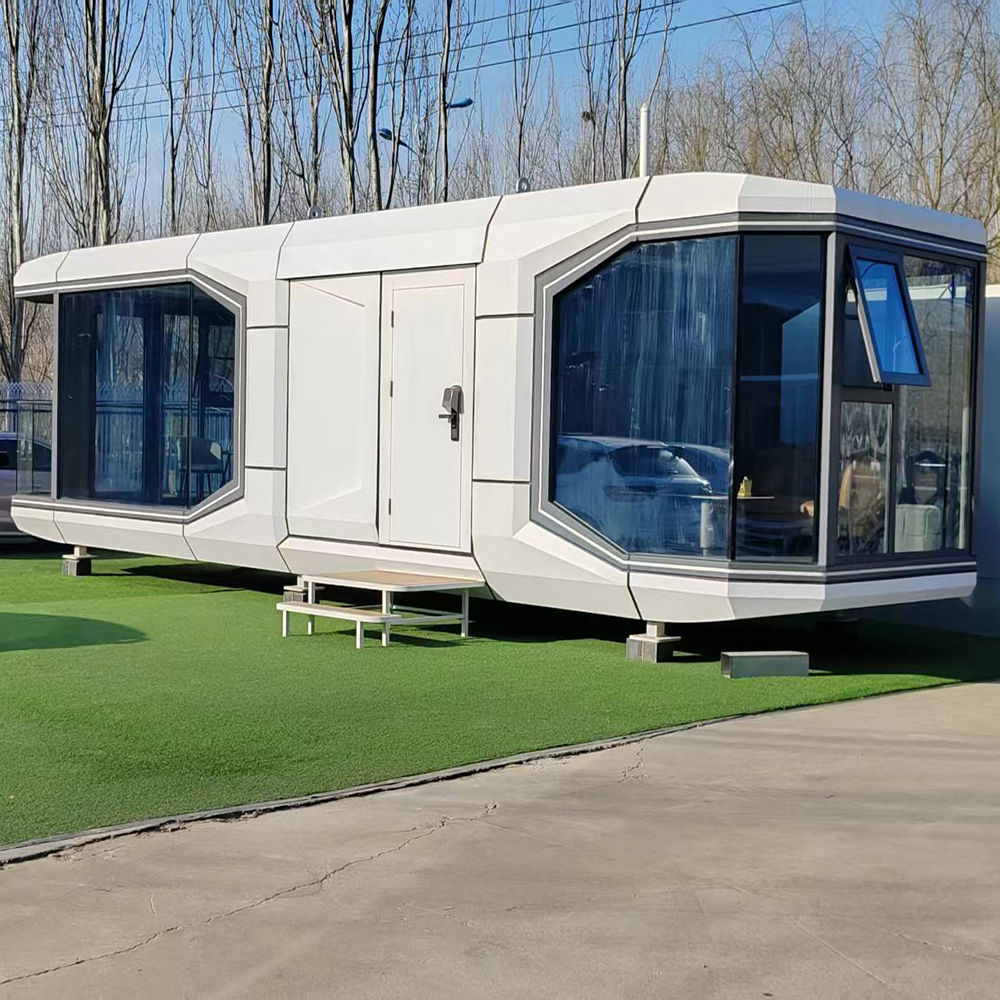 Luxury High Quality 2 Bedroom Container Home Prefabricated Steel Space Capsule for Office Shop Hotel or Outdoor House
Luxury High Quality 2 Bedroom Container Home Prefabricated Steel Space Capsule for Office Shop Hotel or Outdoor House -
 Luxury Foldable Two Story Container House for Glamping Resort and Villa Hotel
Luxury Foldable Two Story Container House for Glamping Resort and Villa Hotel -
 Waterproof folding container house – mobile accommodation for campsites/scenic spots
Waterproof folding container house – mobile accommodation for campsites/scenic spots -
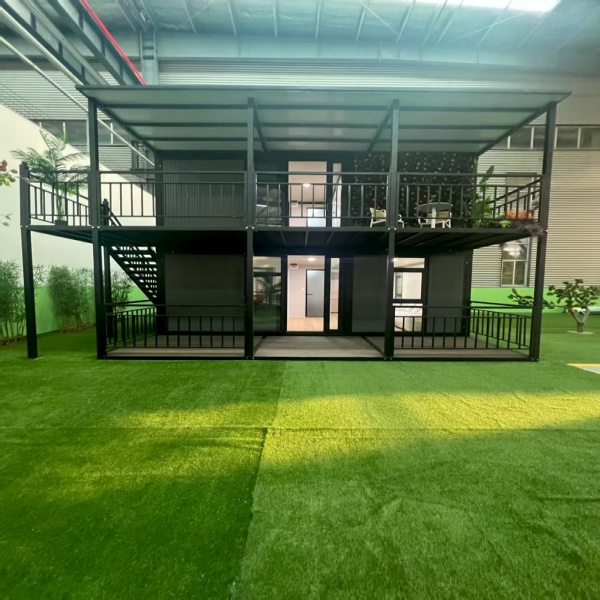 Luxury foldable two-story container houses in luxury resort hotels and villa hotels
Luxury foldable two-story container houses in luxury resort hotels and villa hotels -
 The foldable container house with side wing design can be quickly set up and is suitable for various environments.
The foldable container house with side wing design can be quickly set up and is suitable for various environments. -
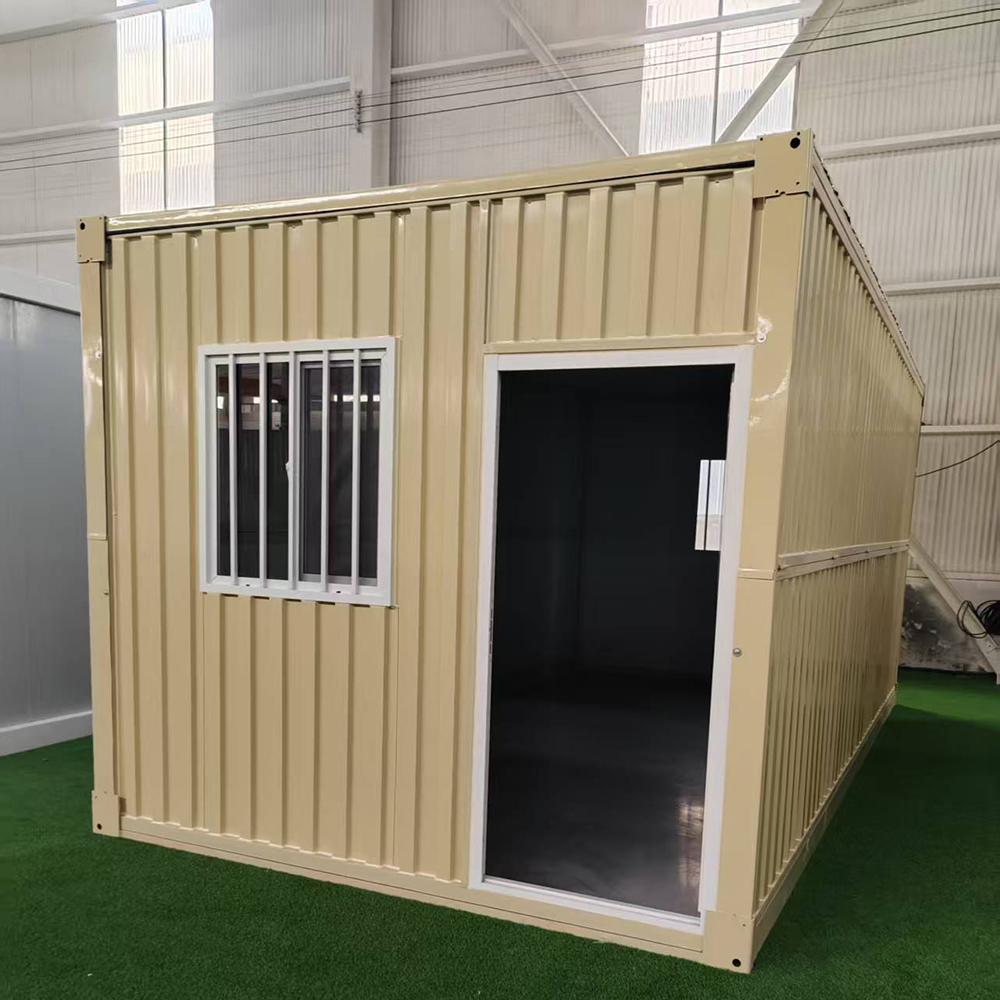 Competitive Price Portable Container House Foldable Container Mobile Living Modular Homes
Competitive Price Portable Container House Foldable Container Mobile Living Modular Homes -
 Dual-Wing Folding Container House: Fast Assembly, Space-Saving & Multi-Scene Adaptable
Dual-Wing Folding Container House: Fast Assembly, Space-Saving & Multi-Scene Adaptable -
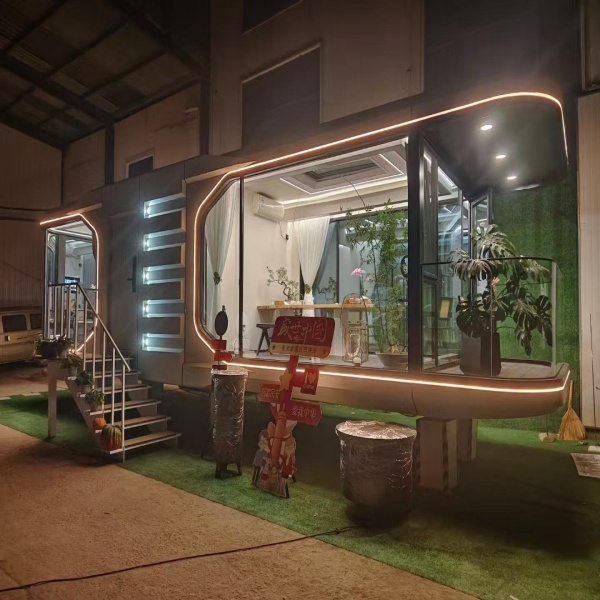 Outdoor ecological capsule rooms, luxury pods, space capsule hotel rooms, prefabricated space capsules, container houses
Outdoor ecological capsule rooms, luxury pods, space capsule hotel rooms, prefabricated space capsules, container houses -
 Easy Install Customized Detachable Container Homes Extendable House Prefab 2 Floors Expandable Container House
Easy Install Customized Detachable Container Homes Extendable House Prefab 2 Floors Expandable Container House -
 Customized Two Wing Folding Expandable Container House
Customized Two Wing Folding Expandable Container House -
 Reasonable Price 1 Bedroom Modular Container House Folding Container Home for Villa or Apartment Use
Reasonable Price 1 Bedroom Modular Container House Folding Container Home for Villa or Apartment Use
Related search
Related search- cabin expandable container house for hotel
- China expandable container house america prefab house
- China modular fold out homes
- China mobile expandable prefab house prefab home 19ft x 20ft
- container home fold out
- apple office cabin house
- Buy home container house prefab container house luxury expandable container house
- apple cabin modular house
- home space capsule
- China portable fold out houses










